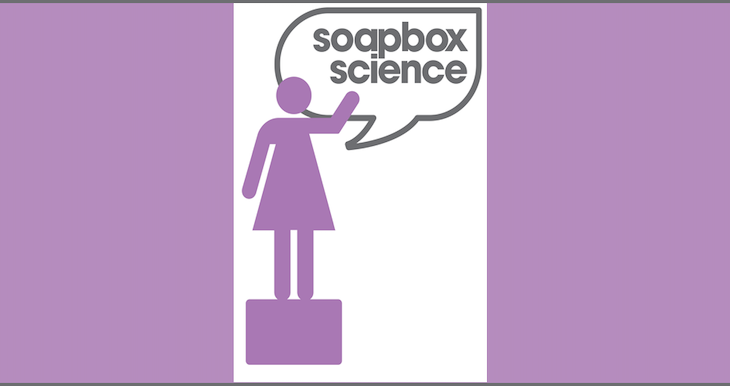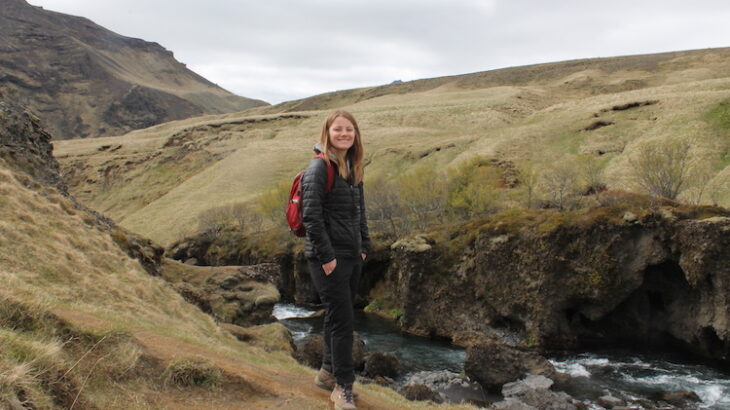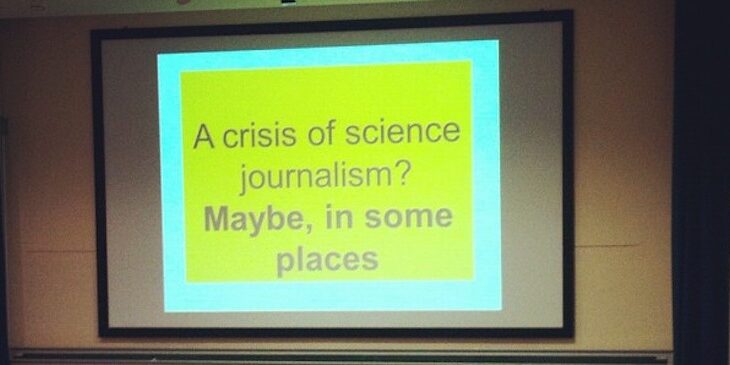Katrina Vera Wong and Raymond Nakamura, Multimedia editors “Science is about the pursuit of knowledge and understanding the nature of reality. But there are different ways of seeing, different ways of knowing reality. It’s time to recognize the blessing of having different sciences and to invite them together under one tent to dialogue.” – Glenn […]
Communication, Education, and Outreach
Using a soapbox to plug a leaky professional pipeline

Rebecca Dang, guest contributor Science, technology, engineering, and mathematics (STEM) have a gender diversity issue. The professional pipeline, stretching from high school and undergraduate university through graduate school to post-doctoral fellowships and positions in academia, leaks. Especially at the early career stage, a higher proportion of women (cis gender, transgender, asexual, heterosexual, bisexual, lesbian, […]
Emily Olson: Bee whisperer and Communications, Outreach & Education editor

Spending summers on the shores of Lac Ste Anne, Alberta, as a child, Emily developed a love of nature at an early age. Inspecting insects, plants, and fish sparked an interest for biology that eventually lead her to a Bachelor’s degree in Conservation Biology at the University of Alberta. During her education, she became a […]
On good science journalism: Why it’s important and how to produce it

Abbas Mehrabian, guest contributor On November 9, 2020, when Pfizer and BioNTech announced their COVID-19 vaccine had a 90 per cent efficacy rate without publishing a peer-reviewed study to support their claim, many media outlets covered it as glorious news. Fox News’s headline “Pfizer vaccine proves 90% effective in latest trials” took the companies’ […]
A beginner’s guide to multilingual science communication

Alice Fleerackers, Science in Society editor English is the language of science, and, too often, science communication. We publish our results in English, host our conferences in English, and promote, share, and tweet about our research in English. This reliance on a single language cuts out wide swaths of the population, including critical demographics who could […]



